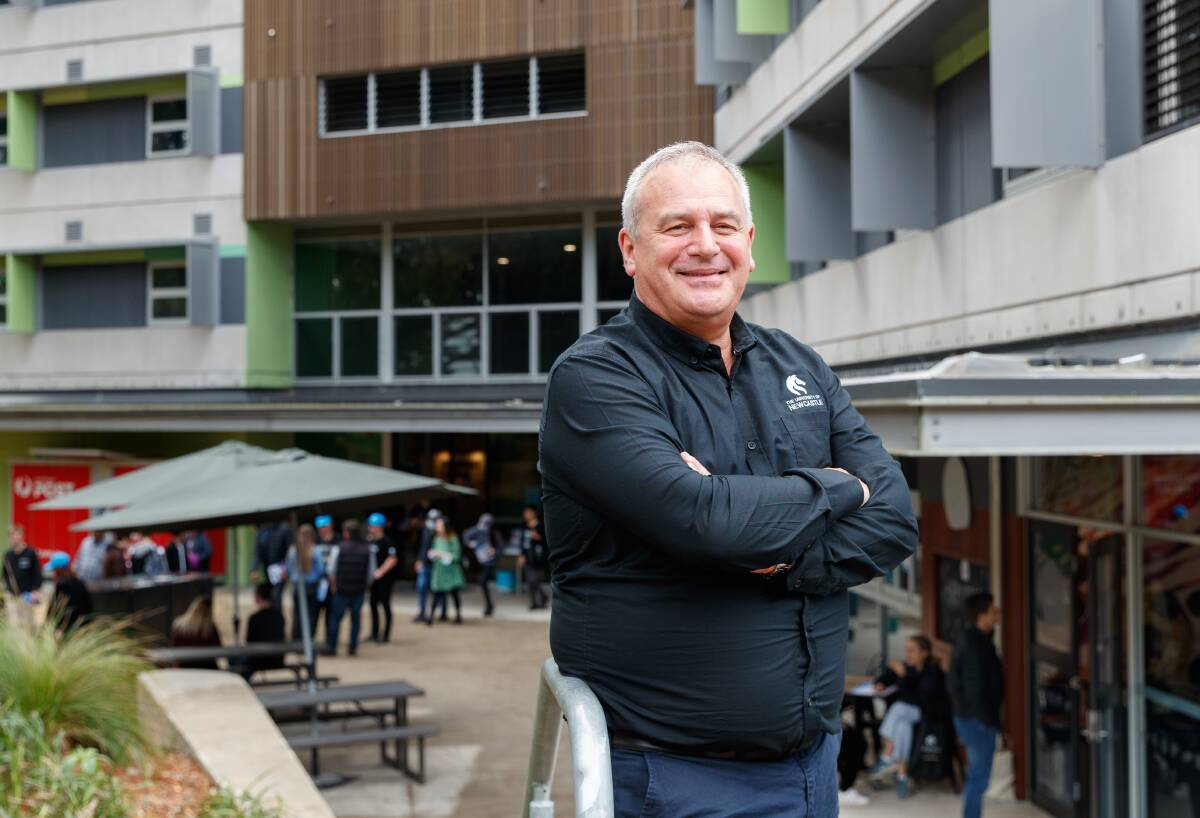
The University of Newcastle's enterprise bargaining negotiations have passed the 21-month mark.
Last week, the university's increased salary offer of 13 per cent was tabled. If accepted, it will retain the highly competitive suite of conditions that University of Newcastle staff already enjoy.
We have been clear that this is the university's best offer.
The University of Newcastle, a valued economic anchor in our region since 1965, is experiencing a number of financial challenges. Losses in the value of investments, together with a decline in student numbers, will see us report a sizeable deficit when our 2022 Annual Report is tabled in State Parliament next week.
The current projections are that 2023 results will look much the same, with student numbers declining further this year. There are a range of reasons for this that we can, and must, understand, and then seek to mitigate.
Student numbers are falling across the nation as more people choose to maximise the current robust employment markets in Australia. And we all know government funding is still a challenge.
Operating budget challenges notwithstanding, your region's university is not at an existential risk. The real threat of bankruptcy that the university found itself under in 2005 necessitated a long-term investment strategy, and today, almost 20 years after those challenging days, our investment portfolio provides financial security.
However, this financial safety net cannot be used to fund annual budget deficits. It would be irresponsible of the leadership of the university to allow its balance sheet to be used in that way.
In 2022, staff entitlements, including salary, made up 51 per cent of the university's total expenditure. With some 2500 ongoing and fixed-term staff and several thousand casual employees required throughout the year, it is by far the biggest line item on the university's budget. Today, every 1 per cent salary increase equates to an additional $5 million a year. So, the current offer will increase university costs by $25 million in the first year alone, and more than $65 million in the third year of the agreement.
This is money we must be able to budget for. In the interest of attracting and retaining the great talent we need to ensure our university remains world-class, we have scrutinised our capacity, and are confident that this is a sustainable offer. However, it will necessitate other savings, and we have been up front with the enterprise bargaining representatives and with our staff.
The University of Newcastle's circumstances are unique. We are one of the largest employers in our region and play a critical role in building the workforce that businesses, small and large, need to survive for the next 10, 20 and 30 years. We've been key to the transition of our communities at significant points, including now.
We do compete against Australia's other leading universities - because we are aspirational, just like the regions we represent. However, our circumstances are very different.
Student numbers (particularly international), research income and philanthropic donations are just a few of the areas where there are big differences. This is an important context to consider when comparisons are drawn with respect to enterprise bargaining outcomes across the university sector.
The University of Newcastle workforce of academic, teaching and professional staff are key to our ability to compete on the world stage as a Top 200 institution.
We reward our great talent with a suite of highly competitive conditions of employment, including, among many other things: 17 per cent superannuation for staff; a 35-hour week, 25 days personal leave a year; and 26 weeks paid parental leave. Additionally, strong protections and generous provisions are in place for staff who are impacted by organisational change.
While these are great benefits, we recognise the economic challenges our staff face.
I know that current increases to the cost of living are impacting many. I hear stories - whether they be about the cost of petrol, housing, groceries or childcare - directly from our staff.
Our challenge in enterprise bargaining is to address these pressures without compromising job security and the viability of the university.
With constrained resources, we remain committed to delivering great outcomes for our students and communities.
It's a delicate balance in the current environment and one that requires a big-picture understanding that can be applied for the greater, and long-term good of the university and the entire region.
Professor Alex Zelinsky AO is the vice-chancellor of the University of Newcastle
WHAT DO YOU THINK? Join the discussion in the comment section below.
Find out how to register or become a subscriber here.







